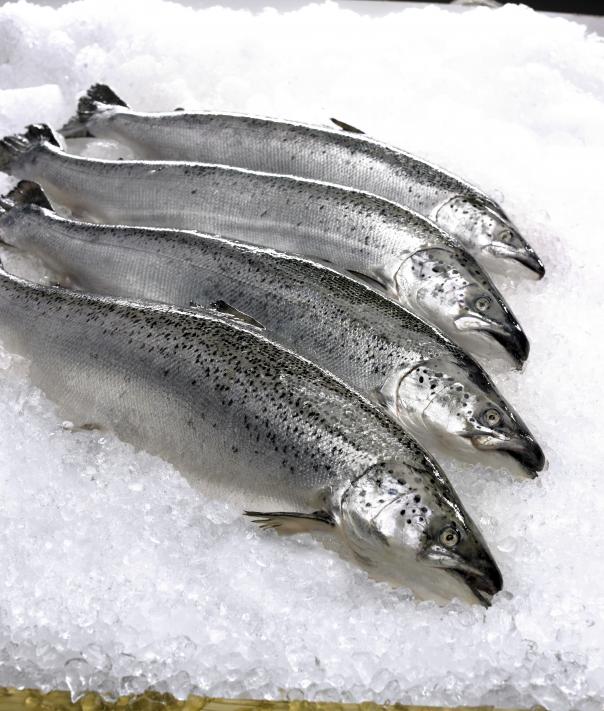Foodservice Price Index shows inflation easing but prices still rising

It reported that fish continued to be the most volatile category in terms of price movements. Prices are ‘well above’ the levels seen this time last year, and rose by 10% month on month. Salmon prices peaked in the run up to Easter, but with good weather and reduced demand, along with likely increases in cod and haddock landings, it is expected to see some easing.
Prestige Purchasing chief executive Shaun Allen said: “Whilst inflation, after a period of unprecedented increase, is now falling, we still remain in a period where each month sees further price increases in most categories. Operators in fixed-term pricing agreements can expect challenging negotiations when they emerge from their protection.”
The Breads & Cereals category of the Index has also risen, and while there is a seasonal trend for price increases at this time of year, poor weather in the US is further firming global prices. Significant winter storms and flooding from snowmelt has resulted in ‘substantial losses’ of corn, wheat, and barley, and there is the prospect of significant delays to Spring plantings. This means the US may look more to imports, strengthening the grains market as a result.
The largest deflationary movement in March was seen in the fruit category, where prices fell back ‘substantially’. Spanish citrus recently suffered from flooding, resulting in a climb in the Index since December. With buyers now favouring cheaper imported produce from Egypt, Turkey and South Africa, prices are beginning to ease.
CGA client director for food, Fiona Speakman, added: “While inflation appears to be slackening a little against the very high levels of recent times, there is still a significant degree of volatility across the sector.
"The sharp contrast between inflationary categories like Fish and deflationary sectors like Fruit shows that prices are very sensitive to market challenges and dynamics. Businesses will be hoping that general inflation continues to ease, but macro and micro challenges mean there is likely to be more instability ahead.”
